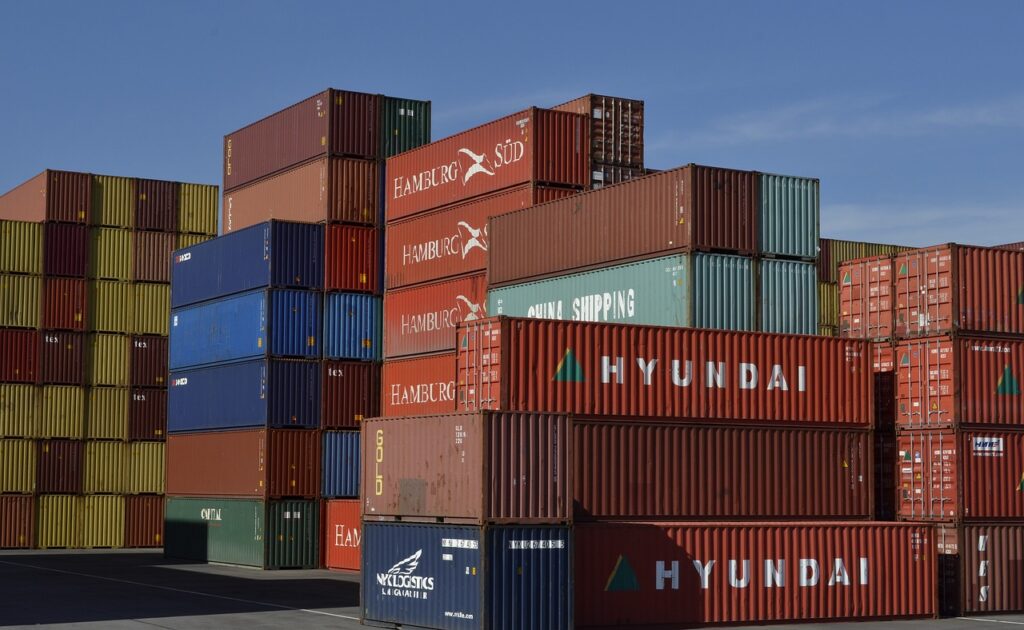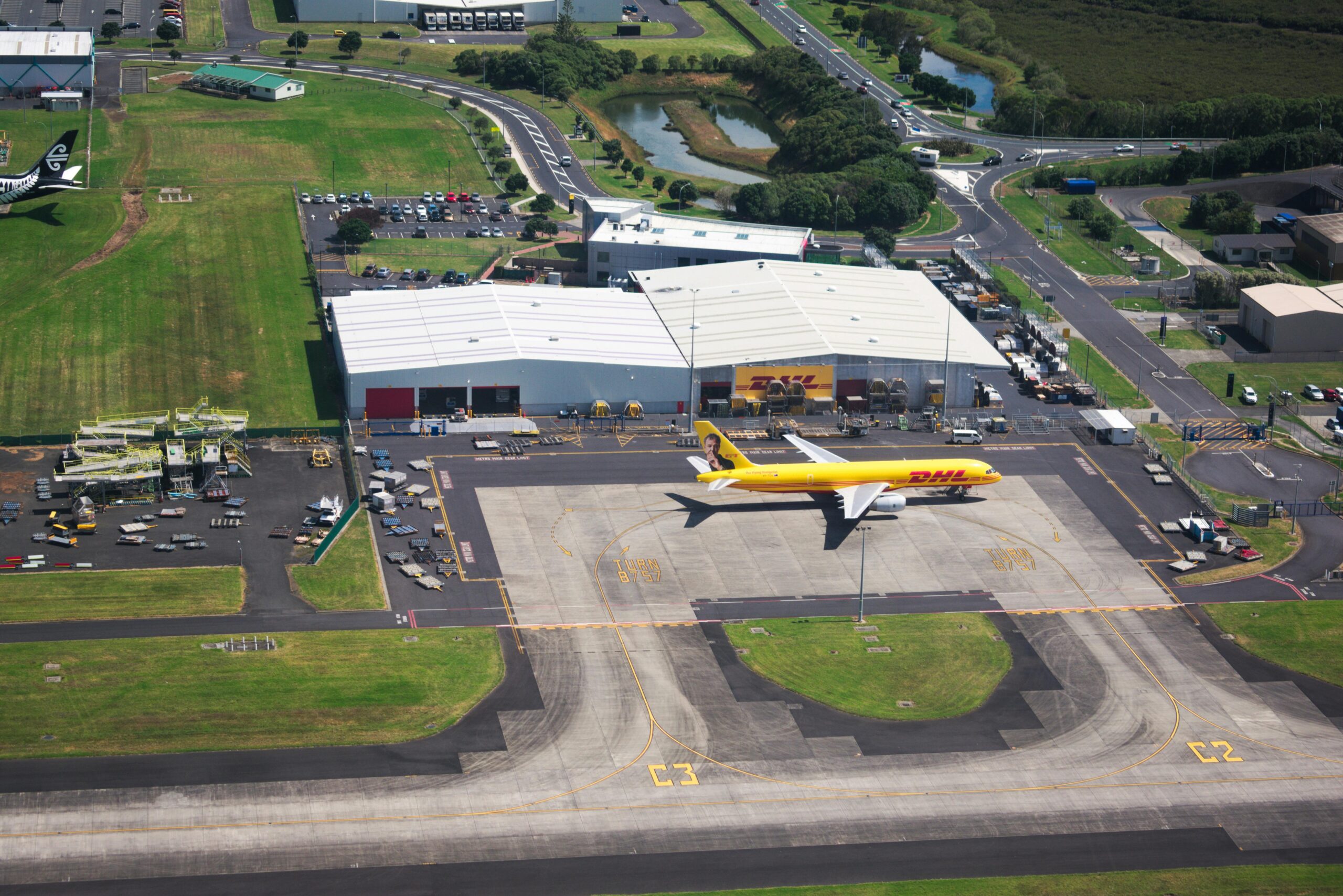Security concerns are growing across Europe as recent package fires at major DHL hubs have raised alarms. Investigations suggest these incidents might be part of a larger plan, potentially orchestrated by Russian intelligence, to disrupt important logistics networks in NATO countries. Authorities in the UK and Germany are looking closely at these incidents, especially as similar events have been reported at DHL locations in both countries.

What’s Happening at DHL Facilities?
The first incident happened on July 22 at a DHL facility in Birmingham, UK, where a package caught fire after being delivered by air. Thankfully, there were no injuries, but the device appeared to be specifically designed to start fires. Another suspicious package was found in Leipzig, Germany, where DHL has one of its largest logistics centers. Staff there quickly spotted the fire risk, which was reportedly linked to an electronic device and some liquid material. These incidents are serious enough that counter-terrorism units in both countries are now working together to find out if they are connected.
Germany’s domestic security agency has even issued a warning to shipping companies, urging them to be extra cautious and to screen packages for potential fire-starting devices.
Why Are These Incidents So Concerning?
Security experts believe these acts might be more than isolated incidents. Instead, they could be part of what’s called “hybrid warfare”—a strategy that combines traditional and non-traditional attacks to create instability. The goal? To disrupt and distract European logistics operations, impacting supplies and diverting resources. Some packages even had unusually high shipping fees, suggesting that they weren’t sent to deliver typical goods but rather to intentionally target these hubs.
This isn’t the only time Russian intelligence has been accused of using disruptive tactics. Recently, Russian drones were also seen near critical sites in Germany, including locations where Ukrainian soldiers train with NATO forces.
How Is DHL Responding?
To address these threats, DHL has boosted its security measures across Europe. The company hasn’t shared specific details about the changes but has confirmed that it’s working closely with security agencies to protect its staff and shipments. Other major logistics companies like Lufthansa Cargo and UPS are also on high alert, implementing similar protocols.

FAQ
1. Why do authorities suspect Russia?
Investigators see a pattern of deliberate sabotage: the fires were started by hidden devices, the packages had high shipping fees, and the incidents align with recent Russia-West tensions. European intelligence also reports an increase in Russian espionage and sabotage activities, further raising suspicions.
2. How are these devices sneaking through?
The devices are reportedly hidden inside ordinary electronic items, making them hard to detect. Routine screening may not catch these, so authorities are now focusing on extra checks for parcels from certain regions that could pose higher risks.
3. Could passenger flights be affected?
So far, no passenger flights have been impacted. However, given the risk, security teams are keeping a close watch on any flights that also carry cargo.
4. What is DHL doing to prevent this in the future?
DHL and other logistics companies are ramping up screenings and tightening safety checks. Intelligence agencies are also advising companies to look out for unusual shipping patterns, such as packages with high fees and low-value items.
5. Will this slow down shipping times in Europe?
These extra safety measures could slow down some shipments, especially for packages passing through high-risk hubs, though logistics companies are working to keep delays minimal.
As the investigation continues, European authorities and shipping companies remain on high alert to prevent further incidents. This situation is a reminder of how global tensions can impact everyday operations and underscores the importance of securing supply chains in today’s complex world.
Sources The Washington Post


